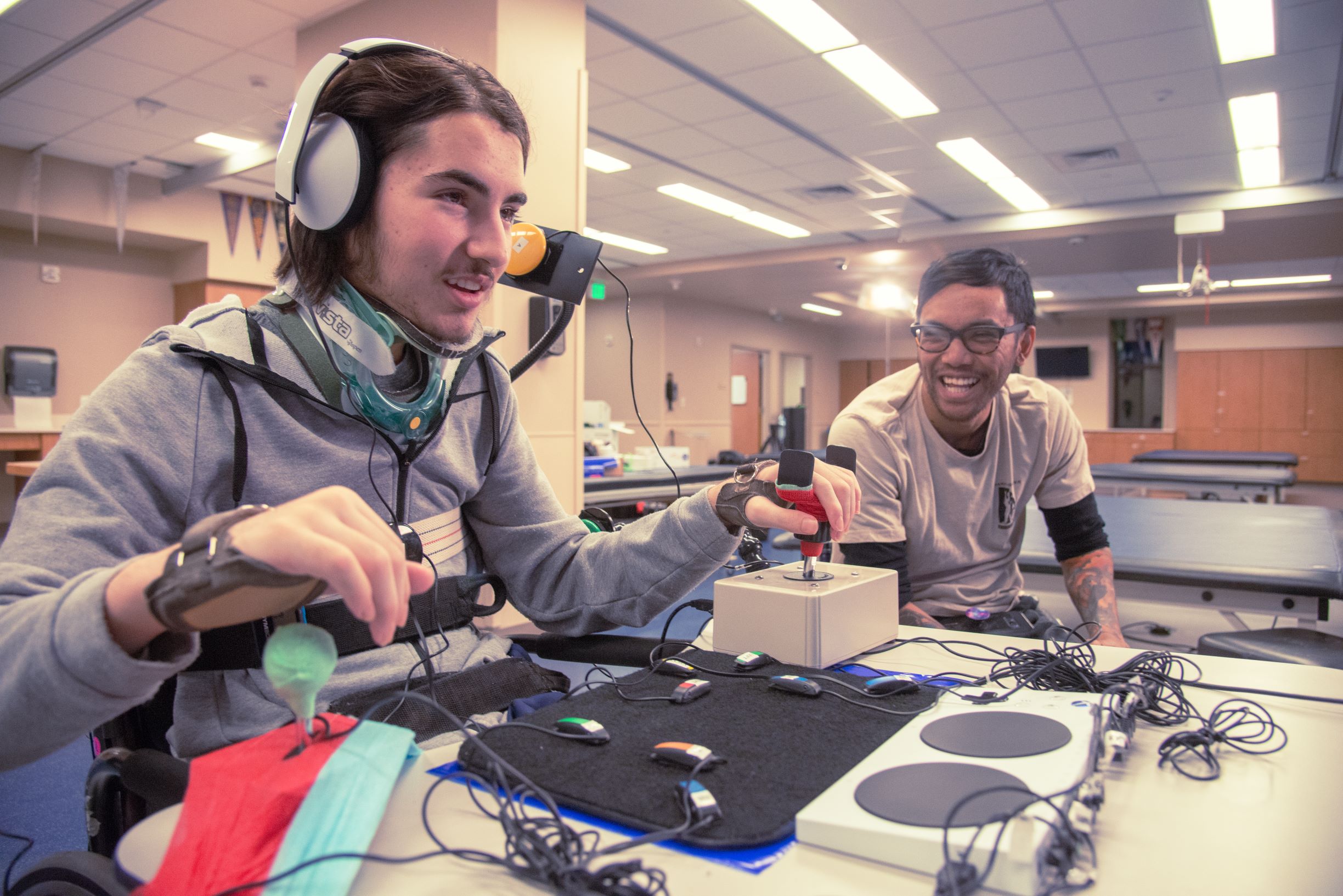Nigeria’s telecommunications sector breathes a sigh of relief as the National Identity Management Commission (NIMC) confirms all major telcos have successfully moved to the upgraded NINAuth verification system. The three-week migration ordeal that left millions of Nigerians unable to register new SIMs or swap existing ones has officially ended.
MTN, Airtel, Glo and 9mobile Now Connected to Secure NINAuth System
All major telecommunications operators in Nigeria now operate on NIMC’s new National Identification Number verification platform. The transition affects MTN, Airtel, Globacom, and 9mobile subscribers across the country.
Lanre Yusuf, NIMC’s Director of IT/IDD, confirmed Tuesday that telecom operators have been fully integrated with the platform. “Verification services are operating smoothly across the board,” Yusuf stated in an official announcement.
The completion ends a challenging period that began on June 26, 2025, when NIMC started transitioning from its legacy system to NINAuth. Technical difficulties during the switch forced all major operators to suspend SIM-related services for over three weeks.
Three Weeks of Digital Disruption Affects Banking and Communication Services
The migration period created widespread inconvenience for Nigerian consumers. SIM registration, swaps, replacements, and number porting services remained unavailable across all networks. The disruption extended beyond mobile communication, affecting digital banking services and other platforms tied to phone numbers.
During the outage, the Association of Licensed Telecommunications Operators of Nigeria advised customers to postpone SIM-related requests. Operators worked closely with the Nigerian Communications Commission and NIMC to restore full access to services.
Many businesses that rely on phone-based authentication systems faced operational challenges. Mobile money services, online banking, and digital payment platforms experienced reduced functionality during the transition period.
NINAuth Platform Gives Nigerians More Control Over Personal Data
The new NINAuth system represents a fundamental shift in how Nigeria handles digital identity verification. Unlike the previous platform, NINAuth puts data control directly in the hands of NIN holders.
Dr. Kayode Adegoke, Head of Corporate Communications at NIMC, explains the platform’s core advantage: “The goal is to place control of identity data in the hands of the rightful owners, the Nigerian people.”
Built entirely in-house by NIMC, NINAuth provides enhanced security features and seamless access to identity verification services. The platform supports improved user authentication, better privacy standards, and simplified access to telecom and digital services.
Citizens now have greater visibility into how their personal information is accessed and used across different services. The system includes consent mechanisms that allow users to approve or deny data sharing requests from service providers.
SIM Services Resume Across All Networks with Enhanced Security Features
With the migration complete, all NIN-SIM related services have resumed normal operations. Nigerian telecommunications subscribers can now access:
- New SIM registration services
- SIM swap procedures
- SIM migration between networks
- “Welcome Back” SIM reactivation services
NIMC clarified that responsibility for these services now rests with individual telecom operators. Customers experiencing issues should contact their respective service providers directly rather than NIMC offices.
The platform upgrade addresses growing security concerns in Nigeria’s digital ecosystem. Recent challenges with identity fraud in the fintech sector highlighted the need for more robust verification systems.
Digital Identity Database Reaches 122 Million Citizens
The NINAuth migration comes as Nigeria’s digital identity program shows impressive growth. The country’s digital ID database now includes over 122 million citizens, representing 49% growth since 2022.
This expansion makes Nigeria one of Africa’s largest digital identity ecosystems. The growth reflects increased citizen participation in government digitization efforts and improved service delivery across sectors.
The timing of the NINAuth deployment supports Nigeria’s broader digital transformation goals. Government services, financial institutions, and private sector organizations increasingly rely on digital identity verification for service delivery.
Industry Impact and Future Digital Services Integration
The successful migration positions Nigeria’s telecommunications sector for expanded digital service integration. Enhanced verification capabilities enable new service offerings and improved customer experience across platforms.
Financial technology companies will benefit from more reliable identity verification processes. The improved system supports secure customer onboarding and reduces fraud risk in digital transactions.
Government agencies can now implement more sophisticated digital service delivery models. The NINAuth platform supports seamless integration with existing government systems and future digital initiatives.
The migration also strengthens Nigeria’s position in regional digital identity discussions. Other West African countries are watching Nigeria’s approach to digital identity management as they develop their own systems.
NIMC’s successful deployment of NINAuth demonstrates the country’s growing technical capacity in identity management. The in-house development approach reduces dependence on foreign technology providers and supports local capacity building.
















